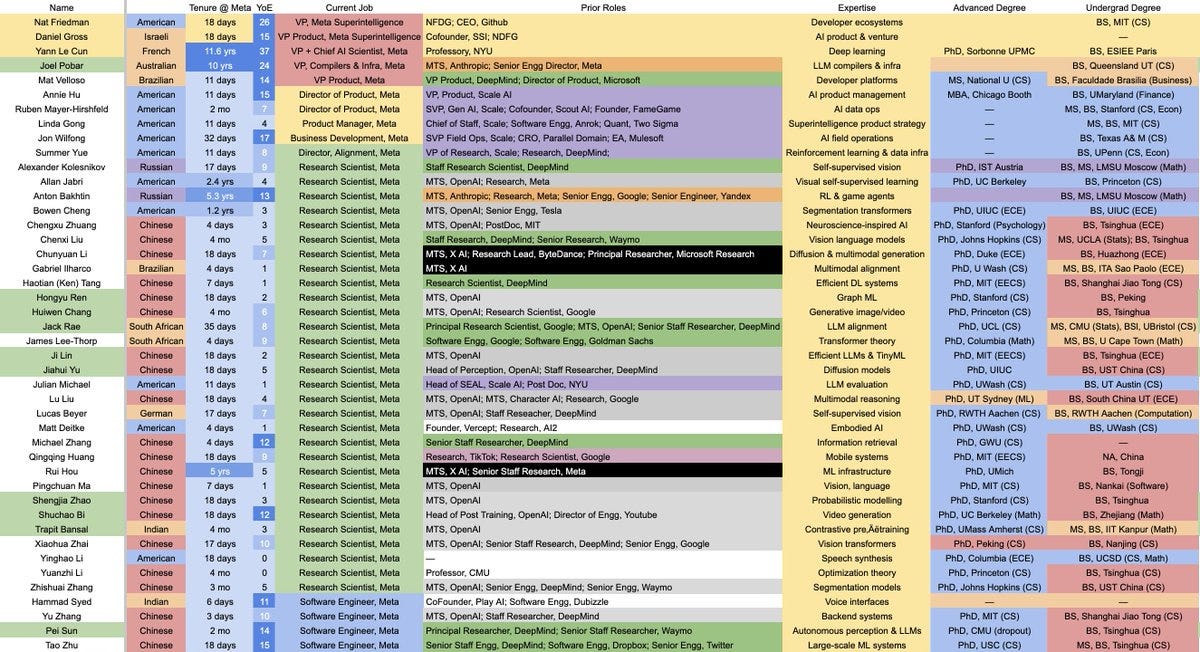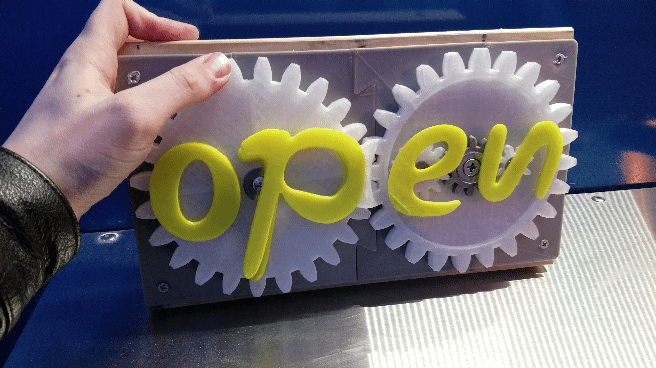AI: China's positive impact on US AI efforts. RTZ #787
...an opportunity for the US to leverage 'Mutual Assured Dependence' in US/China 'AI Cold War'
The Bigger Picture, Sunday, July 20, 2025
This week saw Nvidia’s founder/CEO Jensen Huang ‘thread the needle’ in the ongoing US/China AI Infrastructure ‘Cold War’, by convincing both sides to agree to small compromises for greater long-term flexibility and opportunity for both.
I’ve long said that the current ‘AI Cold War’ and ‘AI Space Race/Sputnik’ Frameworks are to the long-term disadvantage for the US, in this AI Tech Wave. And that another ‘MAD’ Acronym may show us a way to prevail in the long term. Only this time in my view, it’s not ‘Mutual Assured Destruction’, but ‘Mutual Assured Dependence’.
And that is the Bigger Picture I’d like to focus on this Sunday.
Exhibit 1 is of course that China is the largest AI market for US tech companies outside the US. Moreover, as Jensen continually reminds us, it has half the world’s leading AI Talent in terms of AI researchers.
Indeed, as Exhibit 2, just look at the current haul for Meta founder/CEO Mark Zuckerberg’s multi-billion talent haul over the last few weeks, as he assembled his AI Dream Team.
As VC Deedy Das of Menlo Ventures points out,
“Detailed list of all 44 people in Meta's Superintelligence team. —
50% from China —
75% have PhDs,
70% Researchers —
40% from OpenAI, 20% DeepMind, 15% Scale —
20% L8+ level —
75% 1st gen immigrants
Each of these people are likely getting paid $10-$100M/yr.”
Going through the list, it doesn’t seem to be updated for Meta’s latest AI Talent from Apple, which were also Chinese Americans. So the numbers are likely approaching 50 and beyond.
Regardless of whether they’re from OpenAI, Google, Apple or other US companies.
Exhibit 3 in this week’s Bigger Picture is that China is the current leader in open-source LLM AIs, led by DeepSeek, Alibaba, and a host of other ‘AI Tigers’ in China. It’s a point I’ve covered in detail. But also deserves a bit of an update.
The South China Morning Post (SCMP) covers this in “How China’s open-source AI is helping DeepSeek, Alibaba take on Silicon Valley”, highlighting Jensen Huang in particular:
“Nvidia founder and CEO Jensen Huang has praised China’s progress in open-source AI and expressed a commitment to collaborate with Chinese companies, as the chipmaker prepares to resume shipments of its advanced H20 chips to one of its largest markets following a breakthrough in Sino-US trade talks late last month.”
“Huang described LLMs developed by Chinese firms – including DeepSeek, Alibaba Group Holding, Tencent Holdings, MiniMax and Baidu – as “world-class” and vital for global AI advancements.”
“China’s open-source AI movement served as a “catalyst for global progress”, providing “every country and industry a chance to join the AI revolution”, he said at the China International Supply Chain Expo in Beijing this week.”
The impact of this open source competition could indeed be seen in Meta’s current urgency to go beyond its open source leadership with Llama, and OpenAI’s intention to release an open-weight LLM AI of its own soon. As SCMP continues:
“In contrast to the rapid pace at which Chinese companies are releasing their open-source models, OpenAI founder and CEO Sam Altman announced last weekend a delay to its open-source LLM that had been slated to launch in the next few days, citing safety concerns and the need for additional testing.”
And the Chinese AI companies have taken the open source strategy to heart:
“For Chinese start-ups like DeepSeek, adopting an open-source approach was an effective strategy for catching up, as it allowed them to leverage contributions from a broader community of developers, according to Kevin Xu, founder of tech investment firm Interconnected Capital.”
“Since OpenAI launched ChatGPT in November 2022, Chinese open-source AI developers have made strides in advancing their models. “Most open-source AI models from China are now at or close to frontier-level capabilities”, rivalling proprietary systems from top US players, Xu said.”
“The latest string of open-weight AI model releases shows the growing maturity of open-source adoption and contribution in China,” he added.”
“DeepSeek’s latest R1-0528 ranks as the highest-rated open-source model in a benchmark by AI consultancy Artificial Analysis, trailing only models from Elon Musk’s xAI, OpenAI and Google. Other Chinese firms, such as Alibaba, MiniMax and Moonshot AI, also performed well in these tests.”
Indeed, DeepSeek is expected to meet OpenAI’s latest LLM AI accomplishment of its latest models scoring gold in the leading high school International Math Olympiad (IMO), in a few days.
As is by the way Google DeepMind, which of course is closed.
Chinese open source LLM AIs have also been a competitive advantage for leading AI native companies like Perplexity. Its founder/CEO Aravind Srinivas discussed this in particular in a recent detailed interview on his company’s accomplishments to date vs Google, OpenAI, Anthropic and others. He discusses how Perplexity leverages DeepSeek and Alibaba models here in particular. Worth a listen.
The whole SCMP piece is also worth a full read this Sunday. It really fills out the Bigger Picture behind today’s aggressive AI Talent War by Meta in particular in this AI Tech Wave. And the race to incorporate open source in US LLM AI company strategies.
And Nvidia’s timely efforts to balance the US/China AI Cold War, leveraging opportunities for ‘Mutual Assured Dependence’. Stay tuned.
(NOTE: The discussions here are for information purposes only, and not meant as investment advice at any time. Thanks for joining us here)










